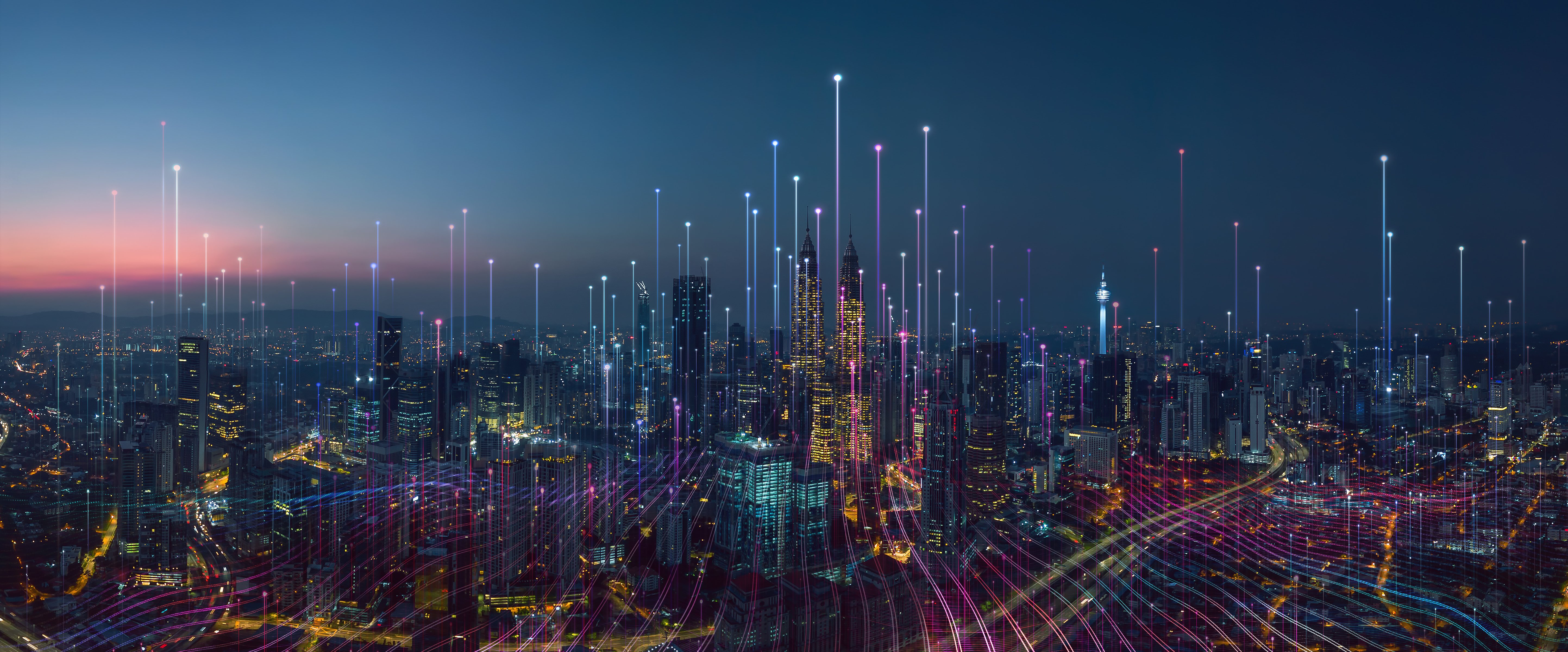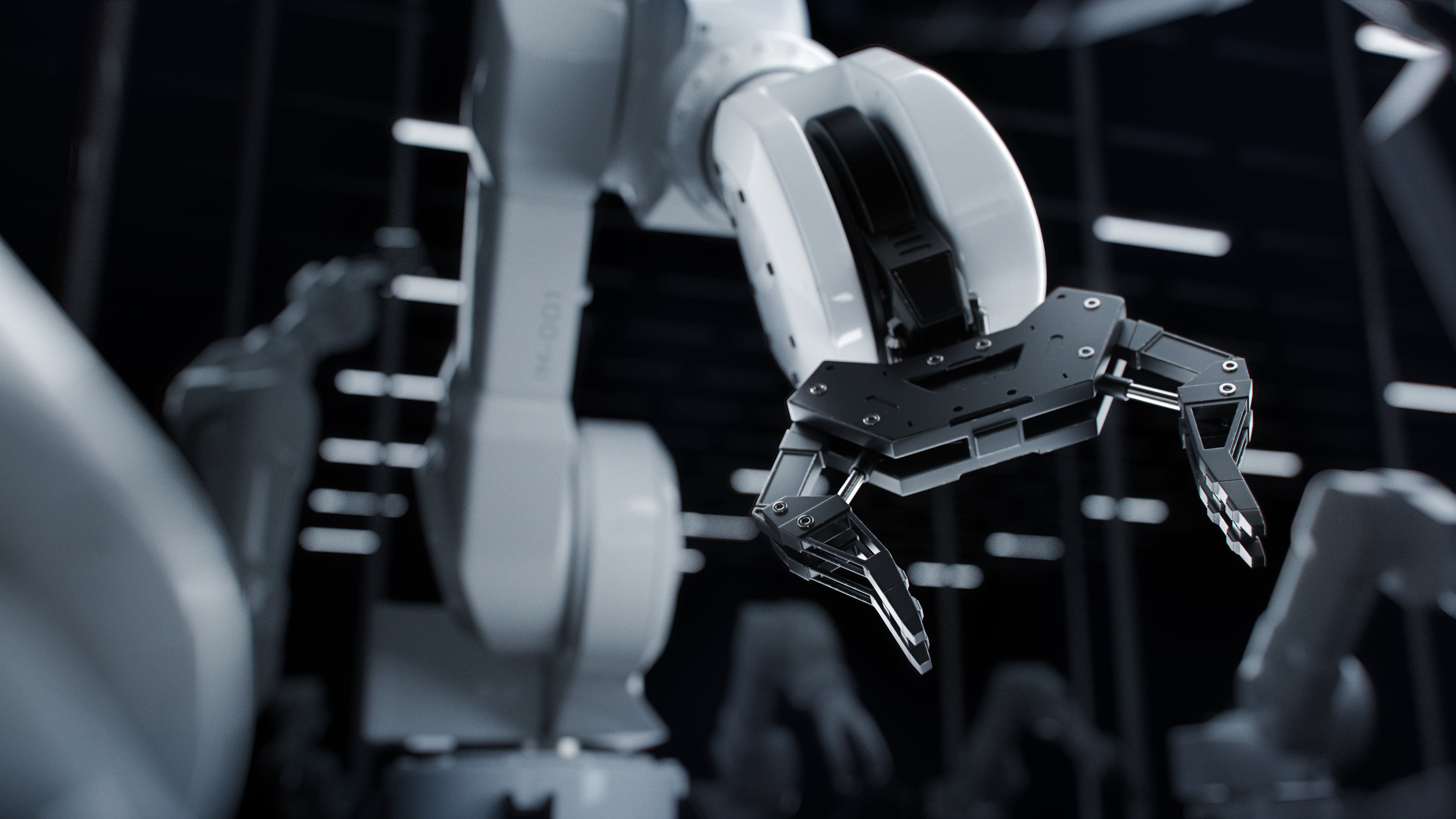Waves of exponential technological innovation are stacking atop one another and there will be exciting technological advancement in the coming the next decade. Countries and businesses are poised to invest their resources and time to explore Artificial Intelligence (AI), Blockchain, Wireless Technology, Robotics Automation, and the application of Nanotechnology in healthcare in the coming decade.
All these mega trends are set to revolutionize every industry, redefine generation of businesses and challenges, and impact our daily livings. These innovative technologies are set to create the most transformative and dramatic impacts on our livings and economy.
1) AI impacts our future lives
The increasing ability of AI to learn and act intelligently has transformed our world. AI will impact the way we work, the way we live, the way we experience the world and interactions with each other, not to mention the exponential leap in AI ability to solve complex problems in the age of Quantum Computing.
AI will increasingly play an important role in the business world as a decision-making tool. With Machine Learning and Deep Learning, AI learns from previous situations and provides insights and automate complex decision processes based on data analytics and past experiences.
AI technology will make enterprises responsive to their customers’ needs and desires. For instance, AI is making customization possible for different industries by leveraging the power of Machine Learning-enabled personalization to tailor their solutions for customers. AI combines Big Data and Deep Learning to help enterprises determine which products appeal to customers and makes recommendations on which products the company can boost its sales. With AI-powered conversational chatbots, businesses provide exemplary customer services and products/solutions to customers by churning through data analytics.
Enterprises’ employees are expected to work along with AI-powered tools/ bots in working lives in the next 5 to 10 years. It means that enterprises will nurture their staff with new knowledge and skillsets to use new robotic and software-based tools. The IDC predicts that by 2025, 75% of organizations will be investing in employee training to fill skill gaps caused by the need to adopt AI. It will become increasingly apparent for businesses to invest in AI tools and training.
2) Blockchain transforms every industry and the economy

Blockchain technology will transform industries and the economy. Blockchain is simply a decentralized and distributed ledger of trustworthy digital records shared by a network of participants.
None of the data in the blockchain is owned by one centralized entity. Two parties can generate an exchange without the need for a trusted intermediary to authenticate the transactions or verify the records. Lower transaction costs and greater speed are highlighted in the applications of blockchain technologies by removing the power of intermediaries or large, centralized industry’s leaders.
For the next decade, it is widely expected government documents such as marriage certificates, land registrars, driver’s licenses, and many others can all be tokenized with blockchain technologies. Also, security tokens which are cryptographic, programmable securities can serve as an asset and the tokens can pay dividends, pay interest, or even invest in other tokens or assets. The tokenization of assets can help increase liquidity, faster settlement, lower costs and bolster risk management.
Above all, governments around the world are likely to create some form of digital currency. Compared to the traditional fiat alternative, cryptocurrency is more efficient, provides reduced settlement times, and increases traceability. Cryptocurrency can be backed by real assets and its price can be artificially manipulated by numerous controls. In the foreseeable future, major nations would tokenize their local currency and cash bills and coins may disappear.
With deep expertise across various industries, NDN Group has leveraged the Proof-of Capacity algorithm to build a decentralized open-source platform – a scalable, environmentally-friendly and adaptable blockchain solution. We provide blockchain solutions for industries namely Fintech and Insurtech startups, and develop advanced smart contracts, crowd-funding and peer-to-peer transactions, and digital/mobile payments for your business projects.
Book a consultation on how our blockchain technology solutions scale your business.
3) Wireless technology boosts ever-expanding IoT

The development of wireless technology is poised to bring speed to the many smart and connected devices boosting the ever-expanding Internet of Things (IoT). The world is transitioning from a complicated web of wires into a clutter-free wireless environment. As we are experiencing the wireless world via WiFi, IoT tech and gadgets, wireless technology can be applied in areas of entertainment, security, education, medical, communication and so much more in the coming decade.
With the advent of next generation of connectivity, telecom operators have started to roll out their 5G networks – which will speed up the data and bring low transmission latency. It will exponentially boost applications of IoT, and self-driving vehicles, smart homes, automated robots, drones, telemedicine, household appliances, industrial automated machines, get connected.
Governments and telecom industry are preparing for the next generation of technology 6G. It is expected that 6G networks might roll out sometime around 2030. With higher frequencies associated with the 6G technology, there will be significantly faster data speeds, which translates into massive amounts of data that requires AI to identify context and render into usable informatio0n.
The 6G technology will transform the way virtually every human lives. It is largely due to the confluence of key technologies including 6G merging with other areas such as bio-medical, imaging, acoustics, AI, robotics, and computing including greater accessibility to Quantum Computing.
4) Nanotechnology a driving force in healthcare and medicine

Healthcare and medicine have been benefited from technological advancements with nanotechnology. Researchers are developing skilled nanobots that can perform a wide range of surgeries on humans in the coming 10 years. Nanobots will help perform eye surgeries and clear blocked arteries. Our blood will probably be streaming with tiny nanorobots there to help keep us from getting sick. They will travel inside of us to protect the biological system and ensure that we have a good and long life.
Also, AI and predictive analytics help us understand more about various factors that affect our health, say when we might become ill or what medical conditions we have inherited. Healthcare systems can anticipate when a person is at risk of developing a chronic disease and suggest preventative measures. This development has been so successful that rates of diabetes, congestive heart failure are finally on the decline.
5) Robotic Automation frees up human workers on value-adding works

Robotic automation continues to expand and disrupt new markets beyond the world of manufacturing and supply chain/logistics. Advances in AI and software have helped robots perform new tasks, working alongside human workers more collaboratively than before. The technology is used to automate structured business processes, freeing up workers to concentrate on more value-adding works.
Collaborative Robots, or Cobots, have become sought-after as they are delivering multiple benefits like reduced operational cost, safety, increased efficiency, reduced injuries and productivity. As compared to humans, robots complete certain task faster, accurate and work around the clock. In the next 10 years, more manufacturers are adopting Cobots for their high ability to perform tough industrial tasks.
Also, the Industrial Internet of Things (IIoT) is rapidly expanding. The declining cost of sensor technology that connects robotics and machinery to analytics software is driving integration of technology.
In conclusion, it is time to ride the waves of technological innovation that are already taking shape. For the coming decade, governments around the world and businesses will keep investing their resources and time to explore Artificial Intelligence (AI), Blockchain, Wireless Technology, Robotics Automation and the application of Nanotechnology in healthcare.
Book a consultation to see how our innovative technologies drive your business growth.







